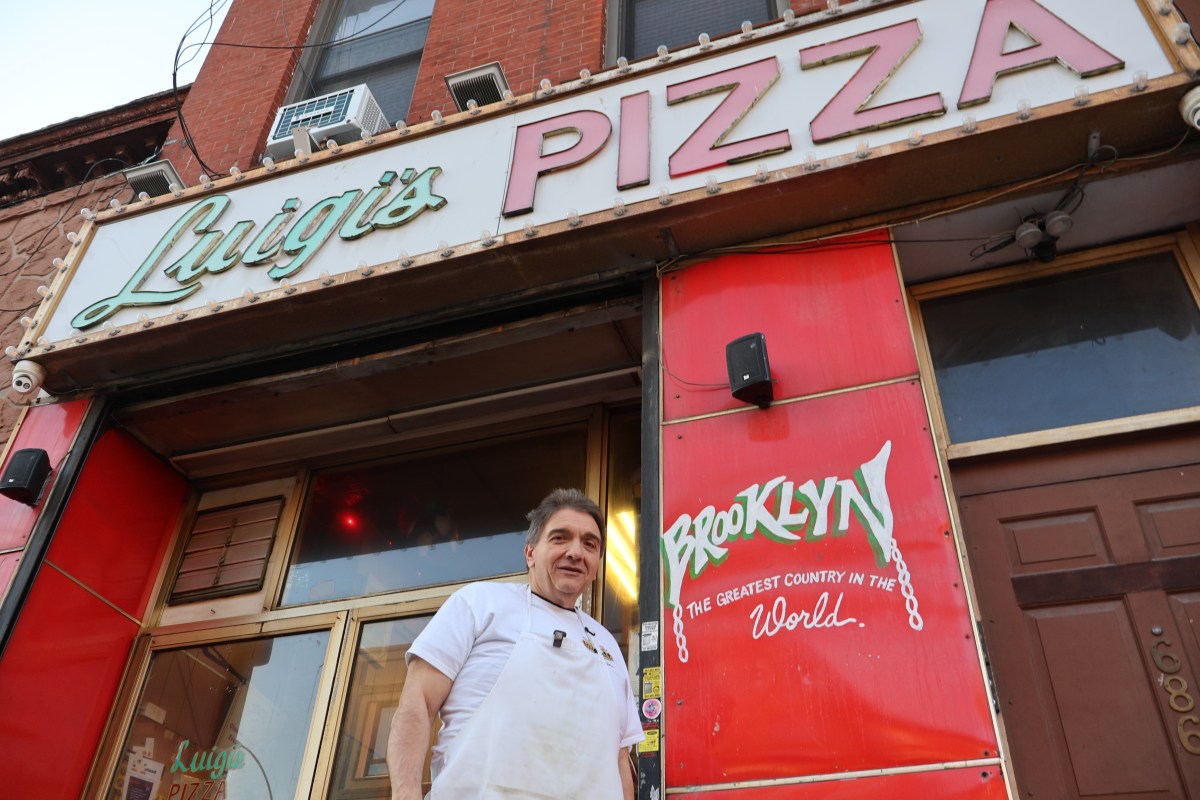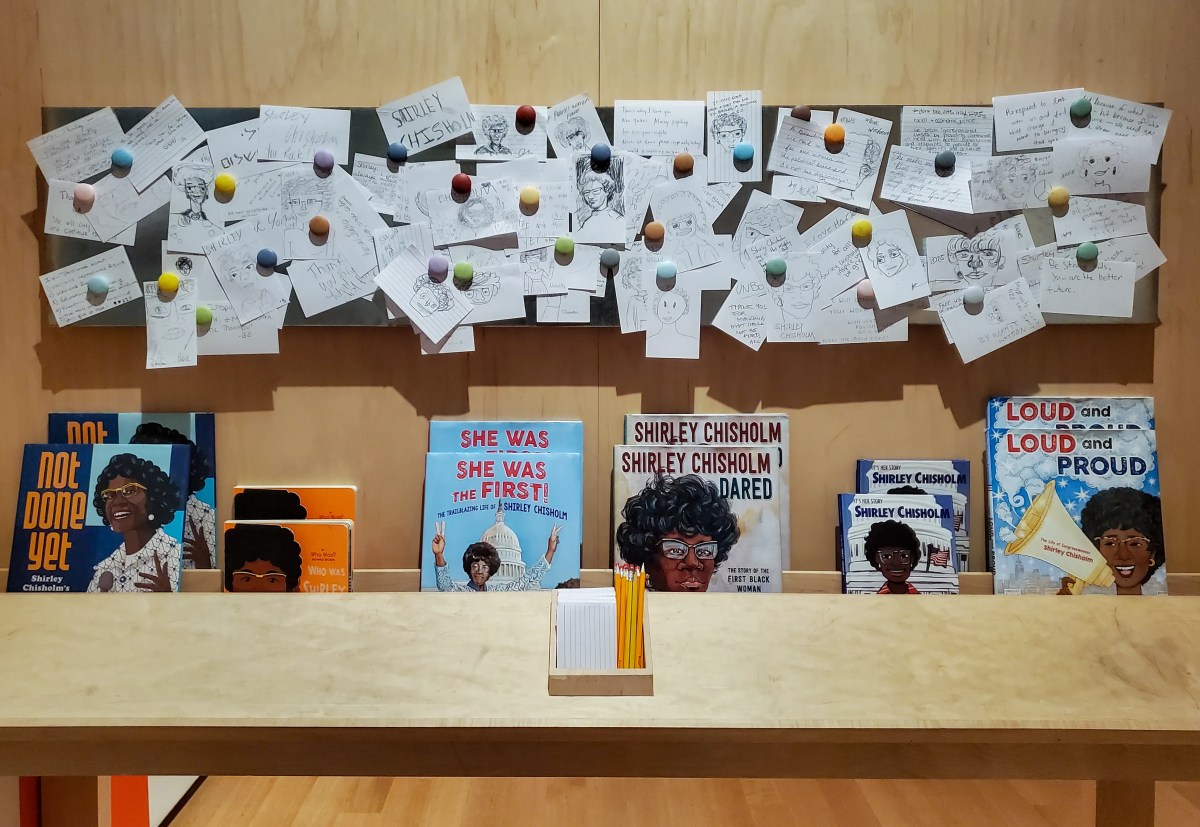Paul Kruger built a career from found materials.
He is the mastermind behind Fallen Industry, which makes custom furniture like coffee and dining tables out of raw materials, including fallen trees and industrial driftwood.
Born and raised in New York City, Kruger discovered his artistic talents early. He attended Fiorello H. LaGuardia High School of Music & Art and Performing Arts on West 65th Street and then the School of Visual Arts.
After graduating in 2001, Kruger started a career in advertising and marketing design, but he still had that creative itch. In 2008 he started making “weird little sculptures” out of driftwood washed up along the Hudson River shoreline, a go-to spot of his since childhood to clear his mind.
“This was my way of really getting back that creative energy that I missed so much,” Kruger said.
Over the next couple of years, his sculptures got bigger and he started making furniture. Fallen Industry’s profile also rose thanks to press from Thrillist, and by 2012 Kruger was hustling to keep up with the orders pouring in.
Almost all of Kruger’s pieces are custom-made, based on specific requests from his clients. He works on roughly three projects per month, with each one taking up to two months to complete.
Kruger works with the wood himself at his workshop in Industry City in Sunset Park but outsources the welding for the furniture bases locally. He also expanded beyond the Hudson River shoreline for his raw materials, with connections all over the country for scrap wood.
Since launching 2 ½ years ago, Fallen Industry’s client base has grown steadily, with sales more than doubling each year. Pieces tend to run from $5,000 to $10,000 depending on type and size, though Kruger said he tries to work with clients’ budgets.
Beyond client work, Kruger also currently has about a dozen pieces on display in a showroom in the parlor of 257 W. 99th St., the brownstone he lives in. The artist also recently unveiled a sculpture series, “Fallen,” which he plans to feature in a gallery space in a luxury property in the city.
It hasn’t been all arts and crafts. Kruger had to learn the ins and outs of managing a website and a business to be successful, including learning how to read architectural plans for furniture sizing and figuring out price points.
“Managing a budget has been a big lesson,” Kruger said. “It’s been such a hard but amazing learning experience.”
While he handles the technical side, his wife helps out with social media, marketing, photography and showroom appointments.
Despite the hardships of starting his own business, Kruger never lost his passion for creating unique pieces for people’s homes.
“The one-of-a-kind pieces for individual residents — that’s always what I’m going to love doing the most because you’re creating something that they’re going to live with,” he said.


































